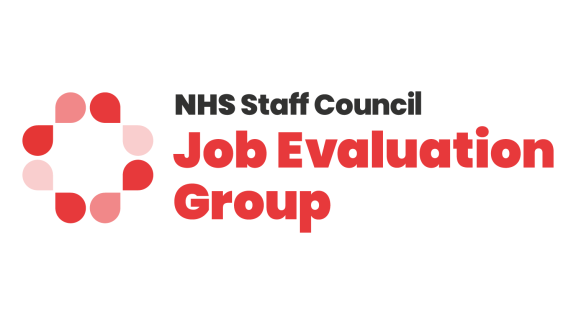Consistency checking

Employers need to be assured of quality and consistency in their job evaluation work in order to ensure equal pay for equal work and to reassure staff that outcomes have been reached fairly.
It’s important that you are assured of the quality and consistency of your job evaluation work. This helps ensure equal pay for work of equal value and also to reassure staff that job outcomes have been achieved fairly.
First steps
To achieve quality and consistent outcomes you will need to:
- ensure all panel members have been fully trained in using the NHS job evaluation scheme, equal pay issues and the avoidance of bias.
- conduct panels in partnership and reflect the diversity of the workforce as far as possible.
- exclude all obvious sources of bias and inconsistency, for example by not using panel members who are known to have strong views for or against the job being considered, and people from the job group being matched or evaluated.
Read chapter 14 of the job evaluation handbook for more information on quality and consistency.
Quality of information
The most common cause of poor quality and inconsistent outcomes is inadequate or inaccurate job information. This could be from a job description, additional information, or a completed and analysed job analysis questionnaire (JAQ) for local evaluation. Take the following steps to minimise problems in this area:
- Ensure joint quality assurance by job evaluation leads (or their nominees) of the written job information before it goes to panel.
- Make clear to the panel that they should seek additional information from job holders and line managers where necessary.
- Store records electronically as the system may be able to flag up inconsistencies such as missing data.
- Check your outcomes for bands 2-3 and bands 8-9 as there has been evidence of under-evaluation and over-evaluation in respect of jobs at those levels.
Tips on ensuring consistent panel outcomes
- Match or evaluate jobs in family or equivalent groups (for example, all finance jobs, all physiotherapy roles), this facilitates ongoing comparison and provides some immediate internal consistency checking.
- Be familiar with the national profiles being considered, noting any features which are similar to those of the jobs being matched or evaluated.
- Avoid being influenced by anticipated pay levels. Job information should never state salary information as this can lead to trying to force a job into a particular band. If the outcome is out of line with anticipated salary, this will be addressed later in the process.
- Cross-check individual factor level outcomes against national profiles with similar features during the process. For example, for physical skills, demands of an IT job requiring keyboard skills could be checked against clerical and secretarial jobs on this factor.
What if there are inconsistencies?
Any apparent inconsistencies of outcome should be referred back to the original panel with any queries or comments. It is not the role of the consistency checkers to amend the outcome, the original panel should review the outcome and either answer any queries or make amendments to the original match as appropriate.
Once both the original panel and consistency checkers have agreed the outcome, it can be sent to the job holder(s).
Staff or managers who have any outstanding concerns about local consistency should raise them with the JE leads so that they can be investigated. If concerns cannot be resolved locally, they can be referred by either party to the country JE leads or the JEG secretariat for advice.
Please refer to the Job Evaluation Handbook for a full breakdown of the formal consistency checking process.
NHS Terms and Conditions of Service (TCS) Resource Hub
Please note, the content on this web page can now be found on the NHS TCS Resource Hub, which has resources and guidance to assist employers in understanding and applying the NHS TCS Handbook and NHS Job Evaluation Handbook.



